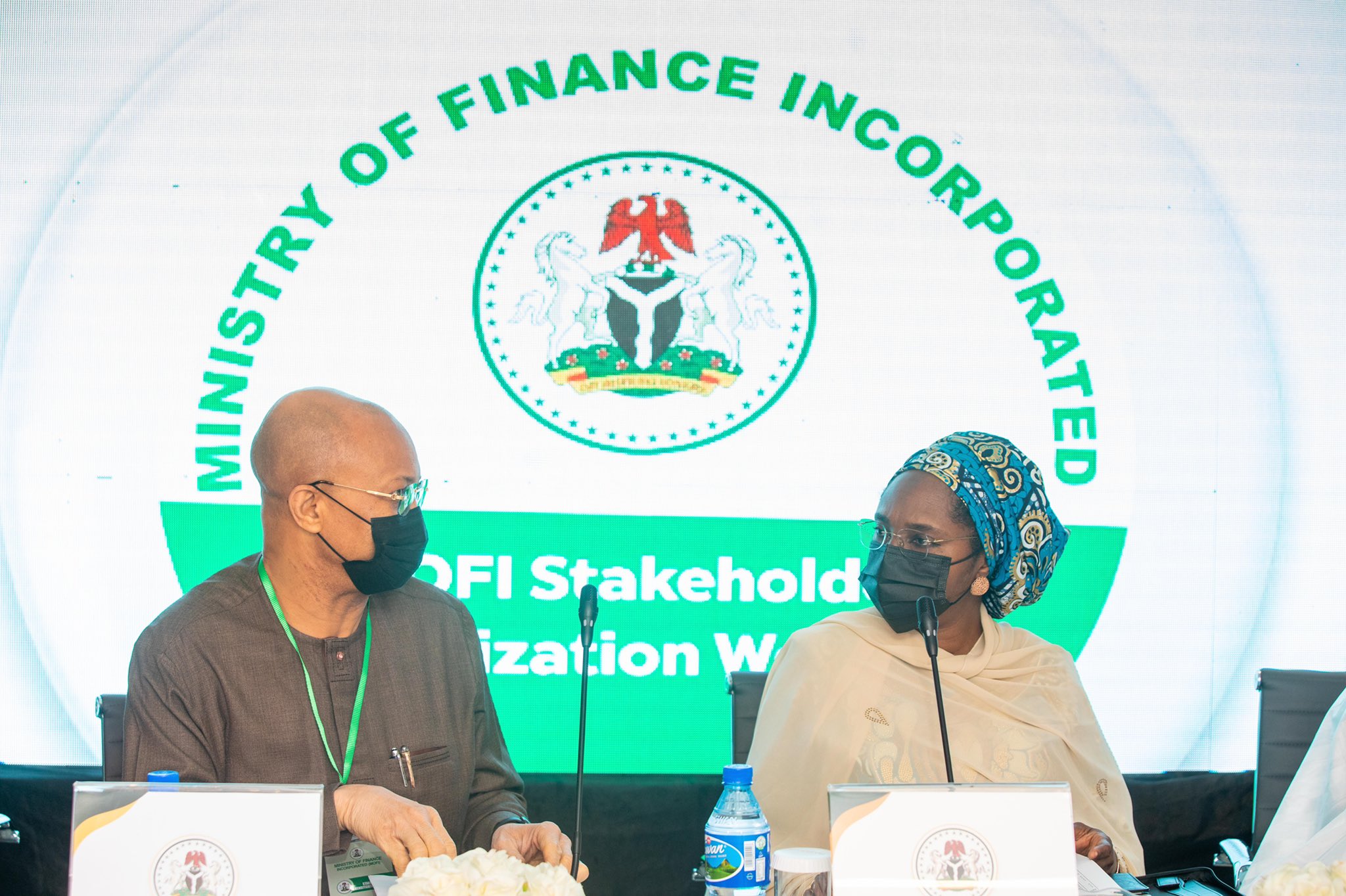Business
Organisation Makes Case For Favourable Industrial Policies

A global organisation campaigning to end extreme poverty and preventable disease by 2030, “ONE Campaign”, has urged African governments to implement national industrial policies that stimulate investments into sectors that are competitive and labour-intensive.
It said this in a statement titled ‘Bold actions needed to tap youth potential needed for Africa’s industrialisation’.
Ahead of the AU summit on Industrialisation and economic diversification, ONE Campaign said it was advocating for urgent and bold policy actions to tap youth potential towards building a better and prosperous Africa.
It said the highly anticipated summit scheduled to hold in Niger State later this month, was taking place as Africa recovered from the COVID-19 pandemic and grappled with after-shocks from global economic and political events.
“With its booming young population that account for 60 per cent of all of the continent’s jobless, Africa needs to create about 15 million new decent jobs yearly,” it said.
ONE Campaign called on African leaders and policy makers to commit to actions that were critical for driving economic prosperity and job creation through industrialisation.
“National policies should provide for well-targeted tax incentives that can attract investors and spur job creation. Policy reforms should also reduce tariffs on the importation of essential machinery and equipment that are not locally created.
“National level legislation should establish equity and guarantee funds to de-risk investment in start-ups. Laws should also protect intellectual property rights, simplify and automate administrative procedures, harmonise tax administration, and make information readily available through one-stop digital platforms.
“At the local level, smallholder farmers should be facilitated to produce aggregation centres for grading, storage, sales and processing of their goods to boost incomes and minimise wastage. They should also be facilitated to access credit, subsidised loans, grants and financial services”, it stated.
The organisation said priority action should be ensured to improve the business environment to make it easy and affordable to produce goods and services, and to trade.
It stated that African countries could start by adopting AU protocols on free movement, allowing youth to access markets and compete freely for work and business across national borders.
Business
Customs Seek Support To Curb Smuggling In Ogun

Business
IFAD: Nigeria Leads Global Push For Youth, Women Investment In Agriculture
Business
Expert Tasks FG On Food Imports To Protect Farmers

-

 Politics3 days ago
Politics3 days agoAPC Releases Adjusted Timetable For Nationwide Congresses, Convention
-

 Business3 days ago
Business3 days agoCustoms Seek Support To Curb Smuggling In Ogun
-
Sports3 days ago
DG NIS Wants NSC Board Constituted, Seeks Increased In Funding
-

 Sports2 days ago
Sports2 days agoSWAN Rivers Set-up Five Functional Committees
-
News2 days ago
Police Bust Kidnapping Syndicate In PH
-
Sports3 days ago
NSC Disburses N200m Training Grants To 26 Athletes
-

 Featured2 days ago
Featured2 days agoINEC Proposes N873.78bn For 2027 Elections, N171bn For 2026 Operations
-
Sports3 days ago
‘NTF Will Build On Davis Cup Success For Brighter Future’

